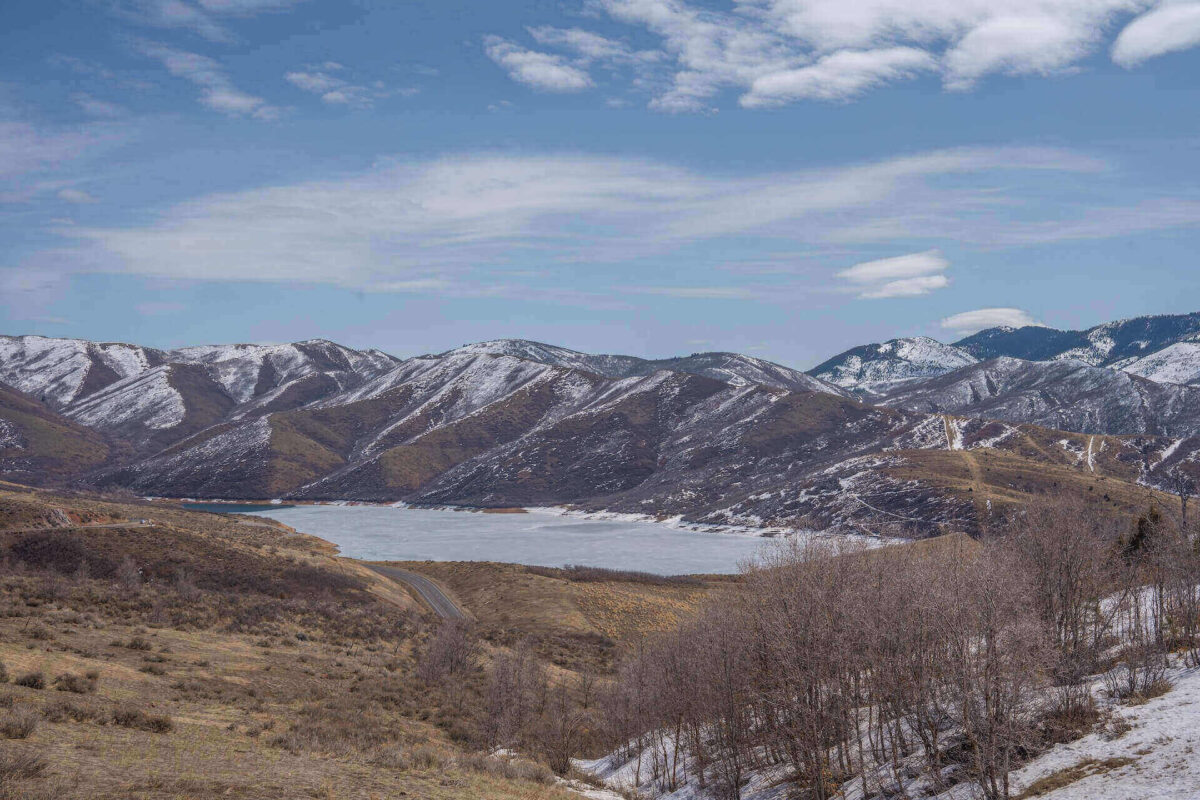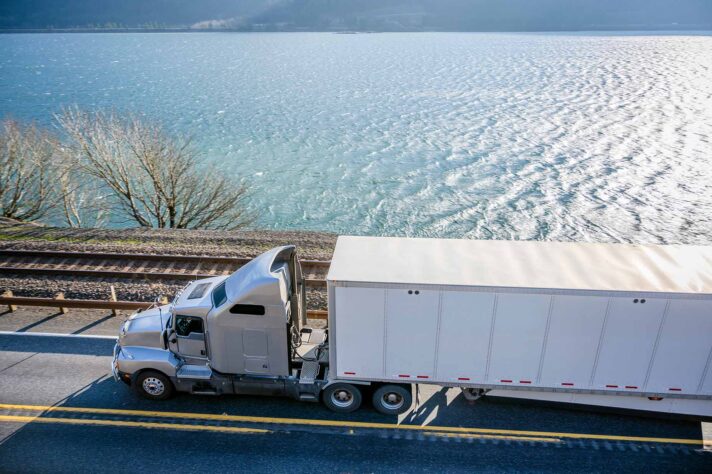Moving to a different climate can be an exciting experience, but you need to know how to prepare for it properly. Whether you’re moving cross country for work, family, or personal reasons, it’s important to do your research and prepare in order to make this transition as smooth as possible. After all, like every relocation, it definitely requires time and energy, so let’s get started.
Relocating to a place with a different temperature? Here's all you should know How Migration to Different Climates Can Impact Your Health, Wellbeing, and Happiness
You finally decided – it’s time to move! Relocation is always a great way to start over, but if you decide to live in a completely different climate, there are some things to consider before the move besides booking the best cross-country moving services. In fact, there surely could be a great impact on your health, well-being, and happiness.
Explore Possible Physical and Mental Effects
Depending on where you are moving to, climate change may have a significant effect on your physical and mental health. It is important to understand the potential changes you may encounter so that you can best prepare yourself for the transition and make relocating easier.
When it comes to physical effects, the most obvious one is temperature. If you’re relocating to warmer areas from the cold ones, your body will take some time to adjust as it gets used to coping with heat and humidity. On the other hand, if you’re relocating to a cold area, you could experience hypothermia if you’re not properly dressed for colder temperatures or if you don’t stay warm enough indoors.
The mental effects of relocating and climate change should not be overlooked either. Moving away from family and friends can cause feelings of loneliness or homesickness, which could lead to depression or anxiety over time if left unaddressed. Additionally, adjusting to unfamiliar weather patterns, such as longer hours of darkness during the winter months, can disrupt sleep patterns and cause fatigue during the day, which could lead to mood swings or difficulty concentrating on tasks at hand.
Be aware of both mental and physical effects when relocating Get Ready for Change and Research the Climate Before You Make the Big Move
Researching the climate of your new location and identifying any potential risks and challenges you may face due to climate change or seasonality is essential. Of course, this will take time, so ensure you organize your move as soon as possible. After all, besides you’ll have to hire a cross-country moving company, don’t forget there are numerous other tasks on your to-do list.
This being said, first and foremost, research the climate of your new home before you make a move. Have a clear understanding of what it will be like living in that location year-round. This includes researching temperatures, average rainfall, humidity levels, and anything else that may affect your daily life in that particular area. Talk to people who live in or have lived in that area as well. They may have valuable insight into things like seasonal allergies or other conditions related to the weather.
Maximize Your Comfort by Navigating the Challenges of Adapting to a New Climate
Relocating to a new state with different temperatures can be challenging, but with the proper preparation and knowledge, you can maximize your comfort and feel at home quickly. So, the first thing you must do is find as many challenges these temperatures will bring you. Then figure out how to overcome them and make them work for your well-being. It surely will help you cope with the relocation stress, although you have one of the best cross-country moving companies by your side.
Prepare Your Kids and Furry Friends for This Adventure
When relocating with kids, be prepared for some additional effort you need to put in. After all, you’ll definitely want to help them cope with relocating, right? So, before the professional long-distance movers come, here’s what you can do to make the transition easier for your little ones:
- Talk to them about the move and what to expect in the new climate. This will help get your kids used to the idea and help them adjust more quickly.
- Pack their favorite items from home, such as toys and books, that will make the transition easier.
- Have a family outing or two in the new area before you move to get them familiar with it.
- Make sure they have suitable clothing for the new climate. If it’s colder, make sure you have coats and other warm items. If it’s hotter, make sure you have plenty of lightweight clothing.
People who are relocating with pets will have to do some extra preparations, too. This means you should familiarize them with their new environment gradually by taking them on walks or letting them explore the backyard. It may also help to bring items from home that have familiar scents for them to sniff.
Ensure you take care of your kids and pets before the cross-country movers come Adjust Your Wardrobe Accordingly When Moving to a Different Climate
Once you know what kind of climate you’ll be living in, adjust your wardrobe accordingly. If you’re relocating from an area with mild winters to an area with cold winters, invest in some winter clothing items such as coats, sweaters, hats, gloves, and boots so that you can stay warm during those months. On the other hand, if you’re going from an area with cold winters to one with hot summers – or vice versa – then make sure you have appropriate clothing for those seasons as well.
Leave Shopping for New Clothes After the Move
It’s not necessary (or wise) to buy a brand-new closet full of clothes before the relocation. If you’re looking for a fun way to explore the local stores and get into the swing of things in your new city, then consider going clothes shopping.
However, you will already have a lot on your plate in the days following the relocation, and you shouldn’t have to go “emergency shopping” for more comfortable clothes because you don’t have enough. Pick out at least one or two lightweight pieces (T-shirts, shorts, and sandals) if you’re relocating to a warmer climate. A warm coat and sturdy boots are must-haves for any wintertime relocation to a region with lower average temperatures.
Get Rid of Anything You Won’t Wear
Since you’ll mostly shop for clothes after the move, this means you’ll have less wardrobe to pack, right? But what to do with the unwanted items, then? The answer is quite simple – get rid of them. However, there are several ways to do it – donate to Goodwill, sell, or toss them.
Don't bring unnecessary stuff to your new home Make Necessary Home Adjustments
Depending on where you’re relocating from and to, there may be some necessary home adjustments, especially when transitioning from one climate to another. For example, if relocating from an area with colder temperatures to one with hotter temperatures, then it may be wise to invest in air conditioning or additional insulation for your home prior to relocating. Doing this will ensure that your new home is comfortable no matter what time of the year it is.
When it comes to winterizing your new house, there will be some inevitable steps to take care of. Verify the basics first – water, gas, and electricity. Ensure the pipes are extra isolated and whether windows work properly. Also, you should stock up on road salt and keep some in your garage in case of unexpected snowfall. Watch this video for some further advice.
Utility Bills Will Be Different From What You’re Used to
If a long-distance moving company is helping you to relocate, for example, from a colder to a warmer area, such a shift comes with a shift in utility bills. Moving from a warm climate to a cooler one means redirecting the money you would have spent on air conditioning to heating your home. In a cold area, heating costs will be higher, while cooling costs will be higher in warmer areas.
Be aware of different utility bills Take the Proper Care of Your Vehicle
Preparing the car for shipping and different conditions, in general, is an essential part of the process. Getting your four-wheeler ready for the harsher winter or summer conditions requires a few important preparations.
Check Tires
Having adequate tires surely is one of the most important steps in preparing your vehicle for some harsh weather conditions (whether it’s winter or summer). So, if you’re settled in a cold area, ensure you have high-quality winter tires. However, don’t forget this is quite an investment you’ll be making, do plan your budget accordingly.
Put Antifreeze if Living in a Cold Area
Before transporting a car to a colder area, it’s important to check and refill the antifreeze solution. Because of this, engine fluids won’t freeze.
Check AC if Living in a Warm Area
Check if the filters have been replaced and that the appropriate fluids have been added to the air conditioner. Also, regularly inspect the cabin air filter.
Handle the Relocation Process Like a Pro by Booking Professional Long-Distance Moving Services
Organizing a long-distance move can be a stressful experience, but it doesn’t have to be, especially if you’ve booked a professional cross-country moving service that can help you with the packing process. That way, you can rest assured that your belongings will arrive at their destination safely and on time. This is especially important if you’re organizing a last-minute move or if you just want a stress-free move.
Professional movers will provide you with detailed estimates of the cost of your move, and they’ll handle all the heavy lifting, packing, and loading for you. Plus, many long-distance moving companies offer full or partial insurance coverage in case there are any accidents along the way. With a reliable team of professionals on your side, you can rest assured that your move will go as smoothly as possible.
Preparing for Life Changes – With Proper Planning, the Change Will Be Smooth
Making the transition from one climate to another can be challenging, but planning ahead can help ease some of those worries! Researching the new climate and adjusting your wardrobe accordingly are two key steps when preparing for such a move. So, don’t let the fear of the unknown stop you from making your dreams come true.















